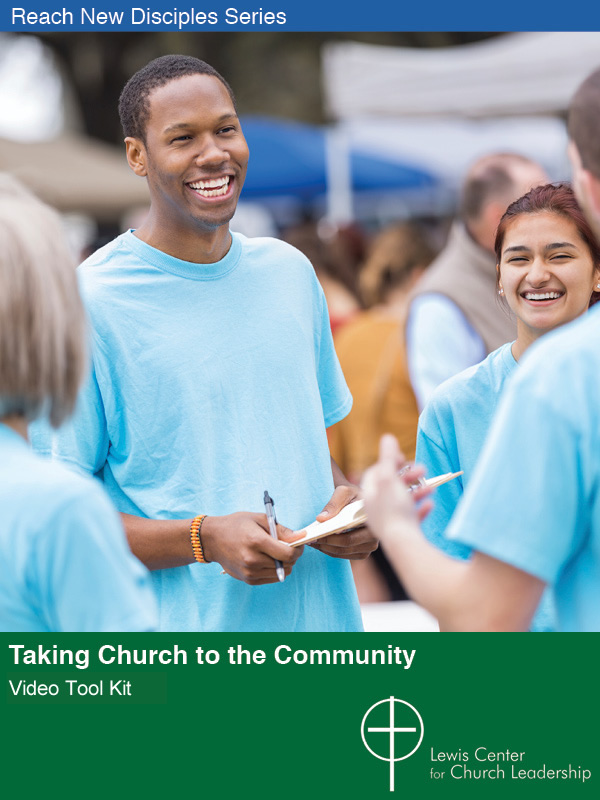Growing churches are churches that have learned that God intends for us to be a people for others. The church needs more than its pastor or senior lay leader to advocate for people who are not there yet. Enlist the opinion of relative newcomers often. Have them speak to their experience of the process of assimilation — positive and negative — with the wider church leadership so that you can find out how you are doing, and what the obstacles to entry are.
I’ve suggested asking a trusted friend or colleague from outside the church — preferably someone who is not really familiar with church cultural language and rituals — to attend worship as a “mystery worshiper.” Ask your friend questions like: “What was confusing?” “What feelings came up for you?” “When did you feel included/excluded?” “Did anything we did seem clubby or unintentionally exclusionary?” Be prepared for honest answers, and notice if you get defensive when you get negative feedback. This kind of criticism can be wildly helpful — if you take it seriously, don’t minimize or explain it away, and consider making changes.
Growing churches are churches that have learned that God intends for us to be a people for others.
Perhaps you will hear that the way community prayers are prayed made the visitor feel left out. What in your congregation might feel like a warm and cozy time to catch up on news, might feel to a newcomer like they are eavesdropping on an uncomfortably intimate moment, or are just plain left out of the conversation. The message offered by your well-intentioned, close-knit congregation is, “Our prayers show others how much we love each other, how much we are like a family. Maybe we’ll love you like this someday.” But the message received is probably quite different.
Let me ask you: Would you go to four or five parties in a row where the same people talked to each other about things they knew about, and while people said “Hi!” in a friendly way, nobody made an effort to explain or really include you in the conversation? After the first party or two, unless you are a mega-extrovert with a bulletproof ego, you would likely just stay home in your jammies.
There are ways to be intimate while also making outsiders feel like insiders. A skilled worship leader will, in sermon, prayers, and announcements, give plenty of context, explain inside jokes in a way that doesn’t kill the punch line, and otherwise bring everybody along.
That said, there are some structures — coffee hours, prayers of the people, passing the peace — that are natural soft entry points for newbies. If these structures are too hard in your congregation, no matter how soft they seem to you, you might need to forego your own preferences for the others who are about to walk through your door.
This article is an excerpt from Molly’s book Real Good Church: How Our Church Came Back from the Dead, and Yours Can, Too, © 2014, used by permission from The Pilgrim Press.It is available from Cokesbury and Amazon
Related Resources:
- How Do New People See Your Church? by Lovett H. Weems, Jr.
- An Open Letter to Churches Seeking New Members by Lyda K. Hawes
- The New Welcome Resource







